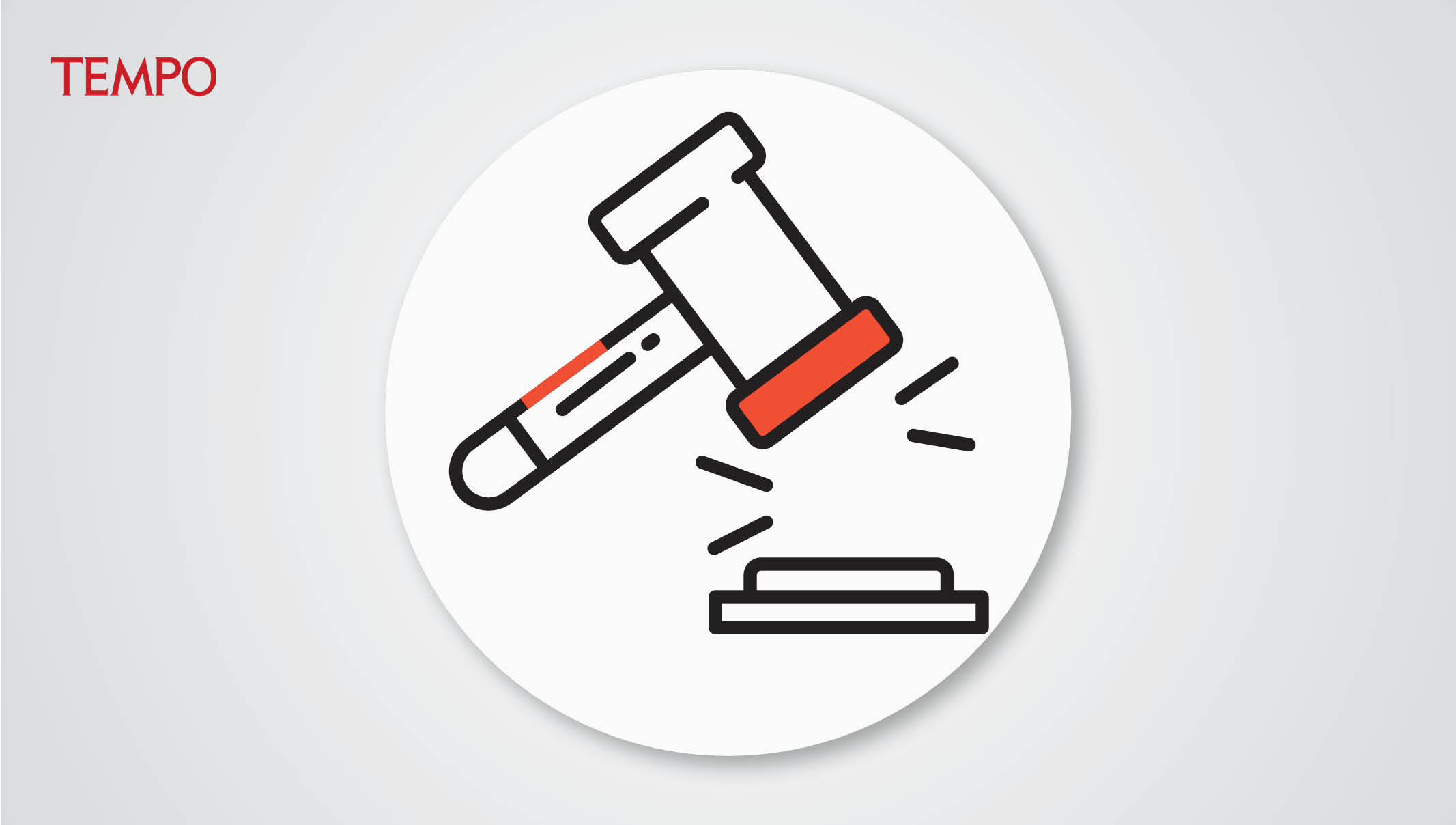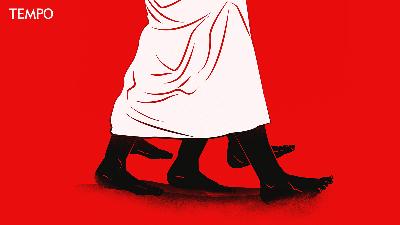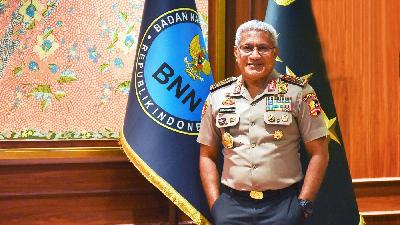Indonesia, the World’s Open Drug Market
Indonesia is still one of the largest markets for global drugs. There is overlapping law enforcement from the BNN and the National Police.
Tempo
July 15, 2024

INDONESIA is an open market for the distribution and sale of narcotics and other illegal substances from around the world. Weak law enforcement and the large number of drug users in Indonesia foster the trade in illegal drugs. International syndicates use various means to make huge profits here.
The international nature of the drug networks was illustrated by the delivery of a 5.1-kilogram package of crystal methamphetamine by air to Jakarta on December 11, 2023. The drugs had been secreted between boxes of ceramics sent from Mexico. The shipment was controlled by an Australian named Gregor Johann Haas, who is suspected of being a member of the Sinaloa cartel, which is based in Mexico and is headed by narcotics kingpin Joaquín Guzmán-Loera, alias El Chapo.
As well as sending packets of drugs, syndicates recruit people to establish narcotics factories in Indonesia. This was revealed by the discovery of a drug factory in Malang, East Java, reportedly the largest in the country. The five people working there were managed from Malaysia. When police raided the factory, which was disguised as an event organizer office, they found 1.2 tons of synthetic marijuana ready for distribution, 25,000 ecstasy tablets and 25,000 Xanax pills, as well as 40 kilograms of raw ingredients, enough to produce 2.1 million ecstasy tablets.
According to the Financial Transaction Reports and Analysis Centre, from 2016 to 2021, the total value of narcotics transactions in Indonesia was Rp400 trillion. It is this tempting sum that ensures that drug dealers never give up on their efforts because there are now 3.3 million drug users around the country, from major cities to small villages. This state of affairs has led to Indonesia being described as having a narcotics emergency in the last three years.
The National Narcotics Agency (BNN) and the National Police routinely arrest drug dealers and uncover narcotics factories. But they never managed to reduce the number of addicts or the value of drugs transactions. The grip of the narcotics syndicates has become even tighter, as shown by the fact that drug dealing even continues in jails.
Matters are made worse by the involvement of police officers in drug dealing. For example, the former Chief of North Sumatra Police Teddy Minahasa, was found guilty of stealing 5 kilograms of methamphetamines that should have been used as police evidence. Every year, lower-ranked police officers were arrested for selling drugs. All this is despite the fact that it is the job of the police to eradicate the narcotics trade.
Law enforcement of the narcotics trade has long been problematic. Drugs are often successfully brought in by sea because there is no coordination of patrols by the National Police’s air and sea unit, the Customs Directorate-General and other institutions tasked with monitoring the seas. Meanwhile, the BNN and the National Police’s Narcotics Directorate never work together to eradicate narcotics.
In September 2023, the National Police established a Task Force to Combat Abuse and Dealing in Illicit Narcotics. Since it was established, it claims to have seized 4.4 tons of methamphetamine. However, this new organization just adds to the overlapping responsibilities between the BNN and the Police Narcotics Directorate. This disarray in law enforcement will only provide international narcotics syndicates with more opportunities to continue operating in Indonesia.


